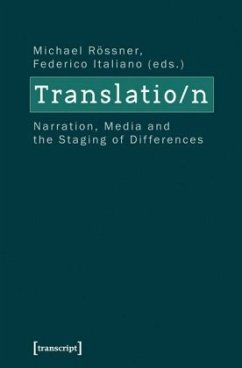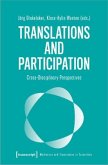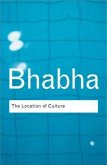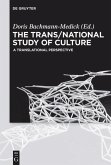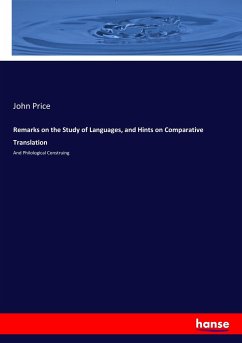As recent years have revealed, the concept of »translation« has grown increasingly important in a globalizing world and a multi-media society. Seeing translation as the negotiation of differences in identity construction does not only contribute to the understanding of contemporary cultural processes - it also makes it possible to find orientation and critical insights in a world of constantly changing social, political and media spaces.This collection of essays discusses the »translational turn«, proposing new theoretical approaches and providing new insights into the relation between narration and identity construction, between translation processes and the media.
»Der Band bietet eine kohärente Darstellung des neuen Zugangs und seines Nutzens, sowohl in der Frage wie man Quellen durch das Prisma der Translatio/n lesen kann, wie auch wie der Komplex 'Kultur als Übersetzung' die in den historischen Wissenschaften eingefahrenen Denkgewohnheiten aufbrechen kann.« Jan Surmann, H-Soz-u-Kult, 11.12.2013 Reviewed in: GMK-Newsletter, 1 (2013)
